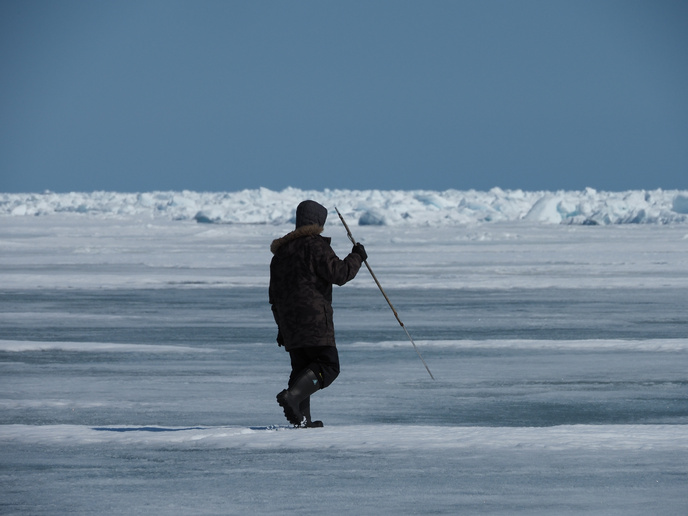Adding indigenous and local knowledge into climate change research and policy
Indigenous peoples and local communities, particularly those with nature-dependent livelihoods, are disproportionately affected by climate change. However, their experience, knowledge and needs tend to be excluded from climate research and policy. “Indigenous and local knowledge systems have been developed over centuries in highly variable climatic conditions,” says Victoria Reyes-García(opens in new window), an anthropologist at ICREA(opens in new window) and the Autonomous University of Barcelona(opens in new window). “As such, we can learn a lot from these people, but first we need to know how to listen.” With the support of the EU-funded LICCI(opens in new window) project, Reyes-García and her team set out to do exactly that. “I wanted to bring contributions from indigenous and local knowledge systems into our understanding of how climate change impacts different ecosystems and livelihoods – with the ultimate goal of influencing climate policy,” she adds.
Going into the field
At the heart of the project is the LICCI Consortium, an epistemically, culturally and geographically diverse community of practice that includes both indigenous and non-indigenous scholars. Their goal: to increase the transferability, integration and scalability of indigenous and local knowledge into climate change research and policy. Over the course of five years, the Consortium collaboratively reviewed literature and collected field-based data from 52 sites in 35 different countries. “Collecting locally relevant and cross-culturally comparable information following a standardised protocol allows us to identify common trends and context-specific singularities of individual sites,” explains Reyes-García. “It also provides us with unique insights on climate change’s local impact.”
First-hand accounts of climate change
Going into the field and talking with local people, researchers learned that, for example, the Kolla-Atacameños peoples and pastoral communities are reporting less water and shrinking wetlands in the Andean high plateau of Argentina. In the Canadian Arctic, Inuit fishers are seeing less snowfall and more frequent thin sea ice, while in Europe, herders in Romania’s Carpathian Mountains are noting less but more intense rainfall and Austrian farmers observing changes in wild plant distribution across alpine meadows. According to Reyes-García, these first-hand accounts demonstrate that the impact of climate change intersects with and often exacerbates the historical marginalisation of indigenous peoples. “Reports about environmental change by indigenous peoples and local communities provide a holistic, relational, place-based and culturally grounded understanding of what climate change looks like,” she remarks.
Tracing general trends
These people-centred accounts also serve as an important addendum to more science-based climate research. “Evidence from indigenous and local knowledge systems is context-dependent and not always aligned with scientific evidence,” notes Reyes-García. “Exploring divergent understandings of change derived from different knowledge systems can yield new insights, which may help prioritise research and policy actions to address local needs and priorities.” Furthermore, unlike most prior research, which has been based on case studies, the LICCI project, which received support from the European Research Council(opens in new window), succeeded at collecting data in a coordinated way, allowing it to better trace general trends – which are of greater interest to policymakers. “Our work offers comprehensive and context-specific perspectives on change that goes beyond well-documented global trends and futures modelling,” concludes Reyes-García.







